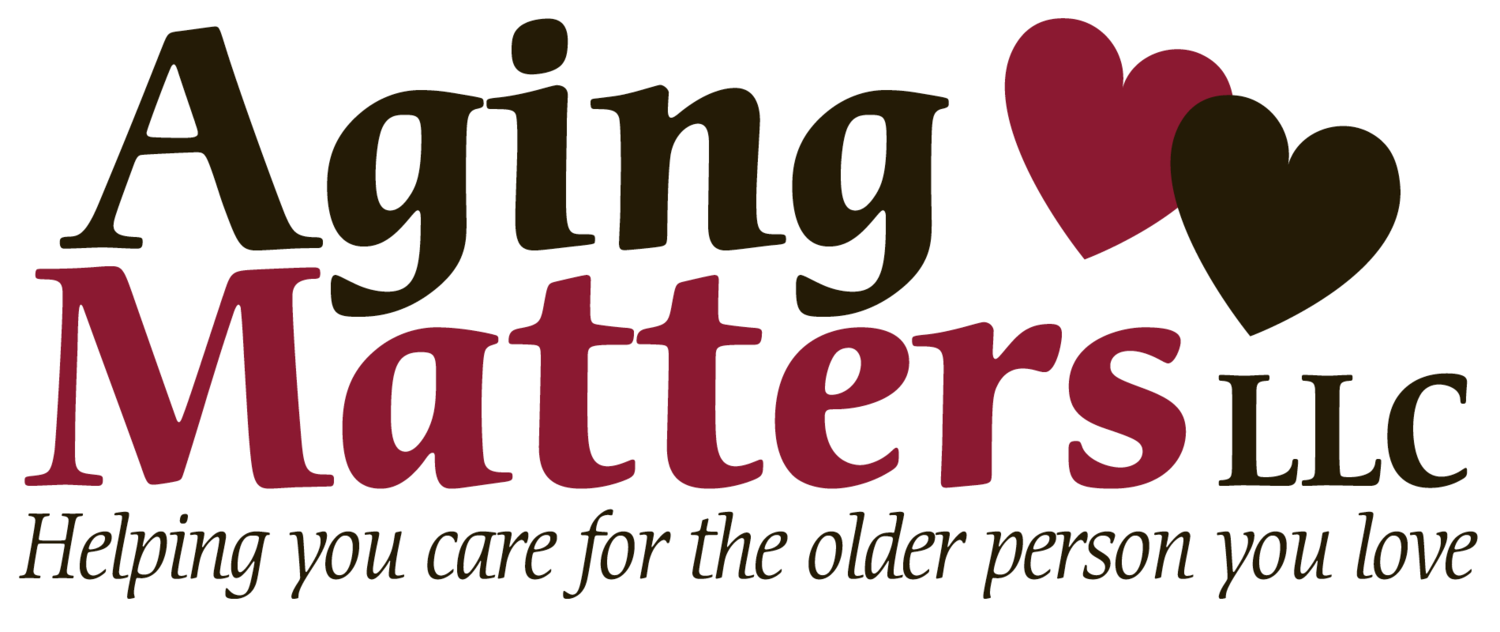Which Mask Offers the Most Protection Against Covid-19?
Since the beginning of the pandemic, information from all outlets, including the Centers for Disease Control and Prevention (“CDC”) has been confusing and contradictory. With masks and social distancing currently the public’s best and only defense against Covid-19 until a vaccine is widely available, it is important to know which masks offer the best protection.
N95 Masks
The N95 mask filters 95% of particles and is the best mask to filter out droplets of SARS-CoV-2, the coronavirus that results in Covid-19. However, these masks have not been recommended for public use by the CDC because the masks are in short supply and are needed for the country’s health care workers.
Cloth Masks
The CDC and the World Health Organization both recommend that people wear cloth masks in public, when we cannot keep a social distance of at least 6 feet from another person.
It should be noted that no mask is a substitute for social distancing, but a mask adds protection if you cough or sneeze and expel droplets.
Well-made cloth masks can filter 79% of particles according to a study at the Wake Forest Institute of Regenerative Medicine, published last April.
For a cloth mask to offer the most protection, it must be made of at least 2 layers, a thicker material, with a high thread count of at least 180 or more. Adding a filter in between the layers increases the effectiveness of the mask.
Single or double layer masks of low thread count are much less effective.
Surgical Paper Masks
These masks are less effective (62%) than cloth masks according to the Wake Forest study. These masks are designed to block large particles, not very small particles. Many surgical masks are paper, but some higher quality masks may be made with polypropylene. The quality of these masks vary, as do their rate of effectiveness.
Neck-Gaiter Masks (Buffs)
These masks are usually made of a synthetic material. They cover your nose and mouth and wrap around you. They are usually thin and do not afford as much protection as a thicker several layer mask.
KN95 Respirator Masks
The KN95 respirator is regulated by the Chinese government. It is designed to filter out 95% of small particles. However, it has been found that there is no consistency in performance of these masks in the United States, due to counterfeiting. You can check Appendix A of the Food and Drug Administration's emergency use authorization to see if the model you have is an authorized KN95.
Masks with Exhalation Valves
Cloth and disposable masks that have an exhalation valve to make it easier for the wearer to exhale, releases air that is not filtered. If you are contagious, this mask will not protect others from the infected droplets that you expel.
Mask Fit
How a mask fits also influences how effectively it can filter out particles. The mask must seal tightly to your face. Masks that have folds or pleats work well. Air flows through the folds or pleats instead of out any gaps at the sides of the mask.
Cleaning Masks
Washing your reusable cloth mask daily is recommended.
Hand Washing
Hand washing or sanitizing should be done before you remove your mask to be sure that you do not potentially transfer the virus to your face from any surfaces you may have touched.
Who is Protected
The main premise for wearing a mask has always been the protection of others. However, the CDC has recently supports the fact that wearing a mask may also protect you from inhaling infected droplets.
No mask offers 100% protection. Masks are not a substitute for social distancing.
Whatever mask you choose to wear, remember that wearing a mask does not provide prolonged protection when you are in close contact with another person.







